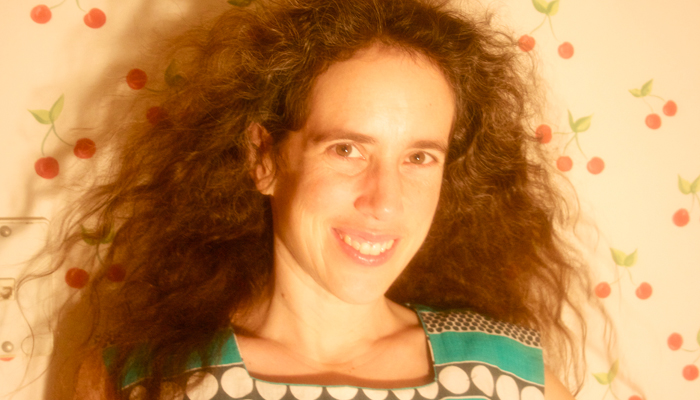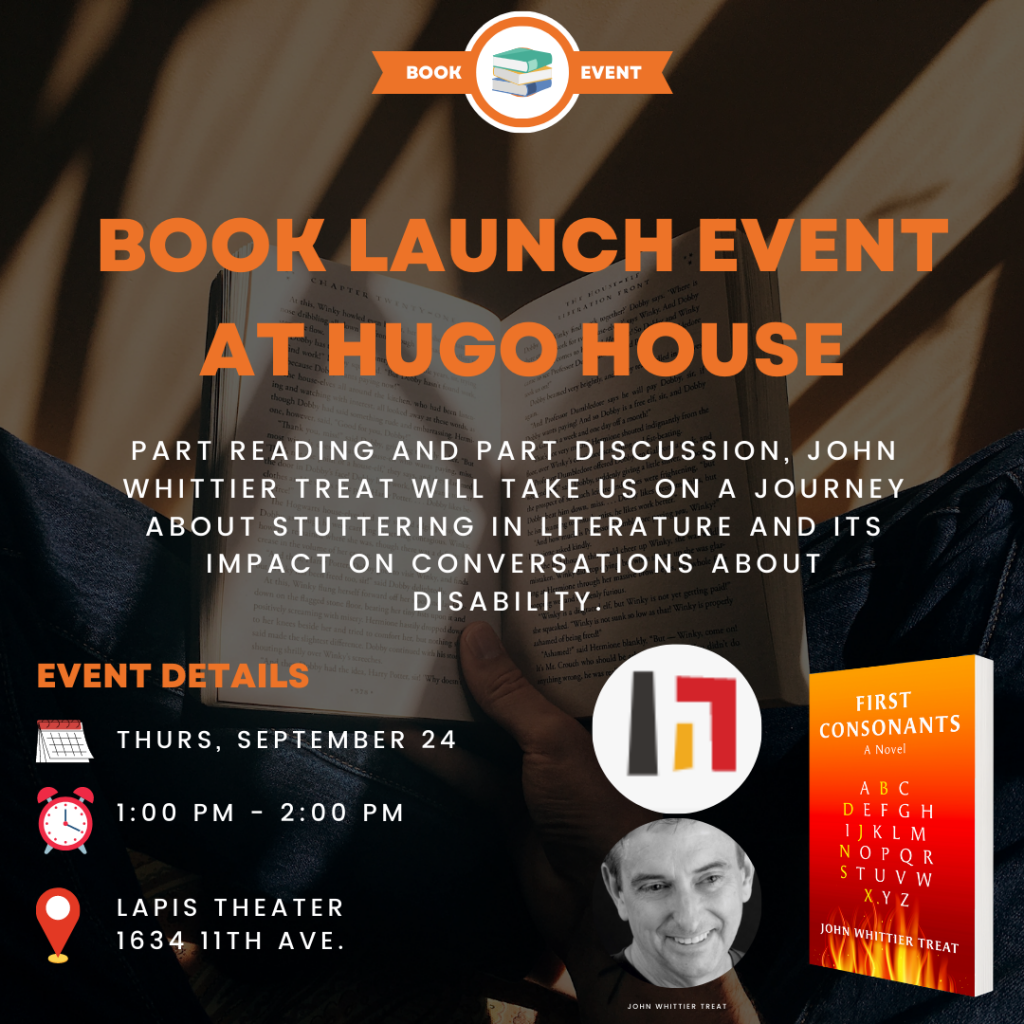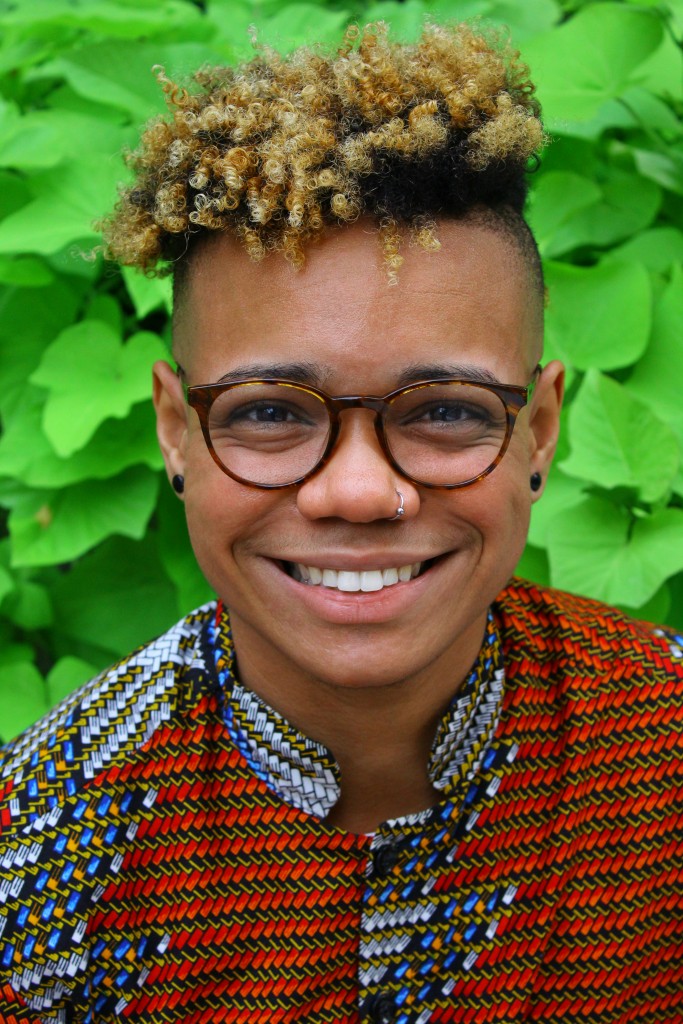I noticed her at Gate B1A in the Phoenix Airport — a woman in a black tank top and jeans ripped at the knee, her dark hair in a ponytail, one shoulder swirled with tattoos. She looked around my age, maybe a bit older, her face solid and no-nonsense, her skin used to the sun. She stood out in the sea of people waiting to board our plane because she was utterly present; she didn’t look distracted or anxious — she was just fully there, every cell of her.
My zone was called; I made my way to my aisle seat and forced the carry on bag that wouldn’t fit in the tiny overhead compartment under the seat in front of me, hoping the flight attendant wouldn’t notice it jutting out into my foot space.
“You know, you could have dropped your bag off at the bottom of the ramp,” a deep voice said to me. I looked up; it was the woman I had noticed at the gate. I couldn’t quite place her accent — it had a brusque tone to it; New Jersey, maybe New York. She gestured to the window seat next to mine. I stood and let her in.
“I meant to,” I told her. “I just wasn’t paying attention; I walked right past the spot.”
She raised her eyebrows at me. Something told me that nothing ever got past her, that she somehow paid attention to everything. She pulled up the shade on the window.
“I always wonder how those scratches got there,” she said, pointing to the complicated cross hatching etched across the outside of the plexiglass.
“I don’t know,” I said. “Hail?”
She raised her eyebrows at me again, and I felt as if she could see right through me, through all my foolishness.
She busied herself with her bags and I turned to my book. I usually don’t talk to people in planes when I travel by myself; I like the time to read and think, plus I just tend to be quiet. Still, after we took off, something compelled me to put down my book, turn to her and ask: “Are you going home or are you traveling?”
“Working,” she said. “I live in New Hampshire but I renovate buildings out here in the summer.”
She asked what I do, and when I told her I was a writer, she got excited. “I’ve always wondered how people write,” she said. “I could never do that in English. I don’t have enough words.”
“What’s your first language?” I asked, surprised she wasn’t from the East coast.
“French,” she said. She must have seen the shock on my face, because she said “I know I don’t sound like most French people when they speak English.” She said this last part with a stereotypical French accent, like Pepe LePew. “I can’t stand that. If someone talks to me that way, I say ‘Just talk to me in French!’”
She’s lived here for 14 years; when she goes back to Belgium, it takes a while for her to readjust to the language in the air — all the French around her gives her a headache until she acclimates again.
I told her I wished I had learned a living language, having only studied Latin, and she said, “Maybe it’s better for you that way. As a writer, you would get frustrated. You wouldn’t have all the words you need to express yourself as precisely as you want.”
I hadn’t thought of it that way before. And over the course of the hour flight to Palm Springs, she forced me to look at other things in a fresh way, too. She found it amusing that in America, all stories for kids need to have happy endings. “In France, they’re brutal,” she said, telling me of a children’s story she grew up with where a sweet little goat gets killed by a wolf on the last page.
“And you know the song Alouette?” She sang a few bars of the jaunty song I had learned in kindergarten. “It’s about plucking the eyes and beak off a chicken!”
“But we turn out okay,” she said, and it made me wonder about my own pull toward happy endings. I wanted to talk to her about heartbreak, get her advice, but I knew what she’d say. “Get over it. Move forward. Life is short.” She was blunt that way. She said things like “I hate people, but I like individuals,” and, “We’re all just people. No judgment.” She took the world as it was, head on. No expectations; no illusions. She didn’t care what other people thought about her. She was who I aspire to be.
“I love talking to people, getting their stories,” she said. “I like to try to see things from their point of view.”
“Are you sure you’re not a writer?” I asked, and she laughed.
She made me realize how much time I had been spending in my head lately, how trapped I’ve been in my loop of sadness and doubt. She reminded me how helpful it is as a person, as a writer, to talk to new people — to listen to new people. And to know when to stop listening, too. She said that she had been looking for a polite way to say “Shut up” in English. “In French,” she said, “you say ‘Please quiet yourself’ and it sounds nice, so nice. I haven’t found the equivalent here.” When she was new to the States, she watched the Eddie Murphy movie “Coming to America”, and the mom of Eddie Murphy’s character used the phrase: “Put a sock in it.” She figured it was a polite thing to say because the character was a queen, she was fancy; she soon learned this wasn’t the case.
And despite her saying she didn’t have enough words to express herself in English, it was clear she’s found greater expression and humor and comfort in the language than many native speakers do. She told me she was still laughing from the time she ordered coffee for a co-worker at Starbucks, saying it was for “Bryan with a Y,” and they ended up writing BRINY on the cup. Some of the lyrics for “Bridge Over Troubled Water” were tattooed on her forearm, her dad’s signature beneath them; he had sent her those lyrics in a card shortly before he passed away, and she found great solace in the words. “They’re always with me when I need them,” she said.
The flight passed way too soon. As we made our descent into Palm Springs, she told me her name: Inez. So merci, Inez, for helping me out of my comfort zone, for reminding me to talk, to listen, to pay attention to the world around me, to not let myself get locked inside my head, to not suffer fools, to tell it like it is. Thank you for reminding me of the clarity (and hilarity) that comes from being an outside observer, for reminding me that words have power, that I don’t always need a happy ending. I will be a better writer and a better person for having met you.





